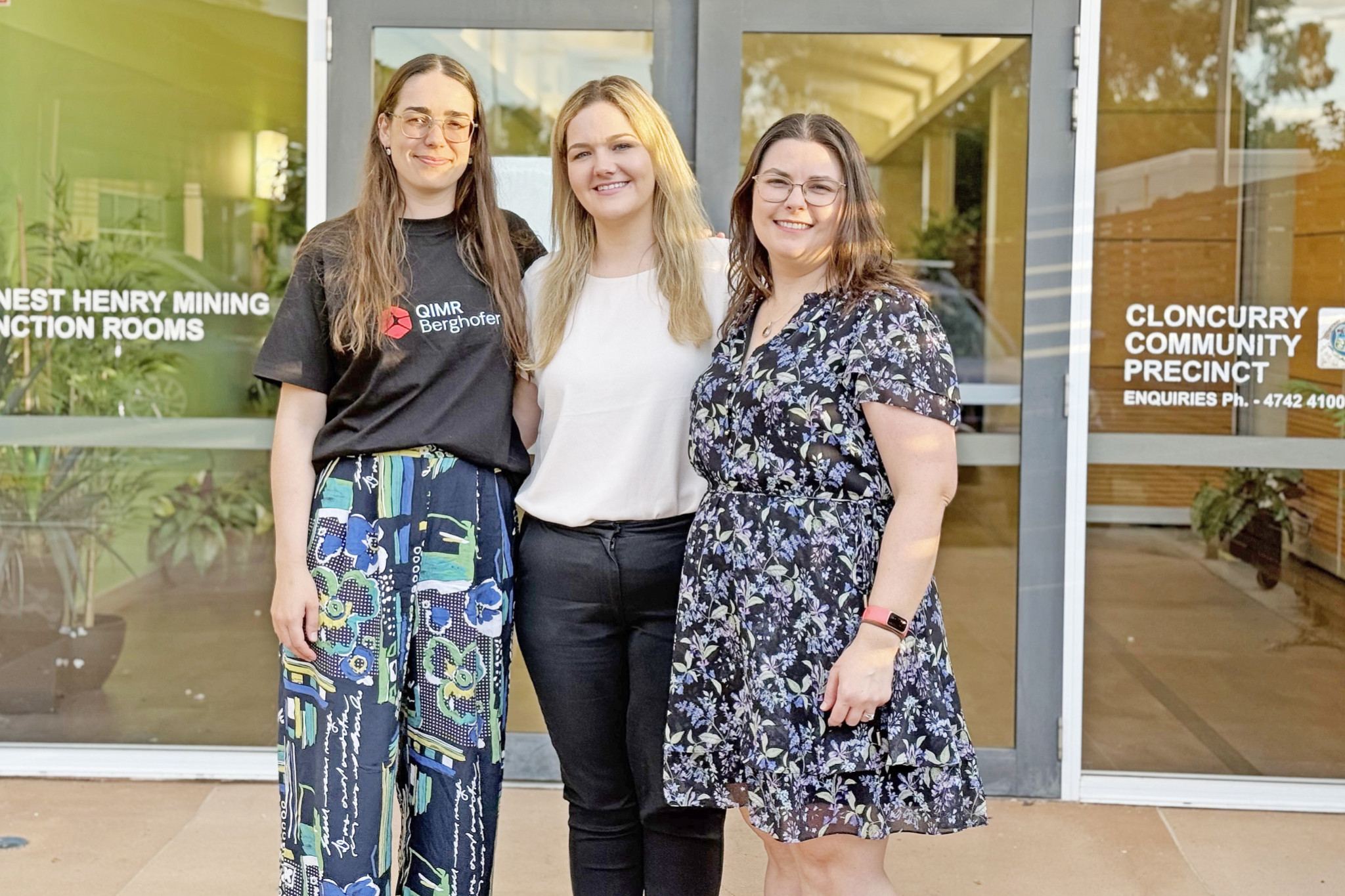General News
21 May, 2025
Research team eyes North West volunteers for major study
QIMR Berghofer was in Mount Isa and Cloncurry this month to speak with locals.

Genetic scientists are looking for North West volunteers for future studies into the genetic and environmental factors that may increase the risk of depression among rural and remote residents.
With repeated studies reporting that rural residents are more likely to suffer from depression, genetic scientists from the QIMR Berghofer (Queensland Institute for Medical Research) travelled through Cloncurry and Mount Isa this month as they shared their latest findings and looked for locals willing to join their future research cohort.
Genetic epidemiology researcher Dr Brittany Mitchell said QIMR Berghofer currently had about 20,000 volunteers who participated in their research.
However, she said they were almost entirely city-based.
It was through these volunteers that the researchers were able to uncover almost 300 previously unknown genetic links to depression, which drew international headlines in December.
But researchers now want to broaden the research scope to consider the factors in remote or rural communities that led to people being at an increased genetic risk to mood disorders.
Dr Mitchell said mental health services and outcomes in the regions can look very different to those in the city and the complex interplay between genetic makeup and external environment required more research.
While there is yet to be a specific timeframe for the next project, Dr Mitchell said the forums in Mount Isa and Cloncurry sought to make the community aware of the QIMR Berghofer research as the search also began for local volunteers willing to participate in future projects.
“Our research thus far has really been focused on city dwellers and so we really want to change that,” she said.
“In the next couple of years, we are looking to launch a new wave of research to recruit new people to the study.
“What’s really important to us is that we accurately engage members from remote communities. We know that depression looks different out here.
“Mental health services and access look very different in remote communities and we talk a lot about how your environment can interact with your genes to cause depression or affect how you respond to things.
“It’s really important to us that people in rural and remote communities are part of the conversation.”
Dr Mitchell said research participants would most likely be asked to complete an online survey and send saliva samples for genetic testing.
She said it was also planned for QIMR Berghofer researchers to seek input from the community on what specific local factors might contribute to the risk of depression, which could be included among the questions in the final questionnaire.
“The only way we can start to narrow down what are the most important environmental factors that impact depression is by collecting data from a range of people,” she said.
“Then we can look for trends that are coming up more commonly.
“We want local input to ensure the research we are undertaking is applicable and meaningful to people in live in rural and remote communities.
“We hope our research can lead to better treatments or new knowledge on the risks of depression in these areas.”